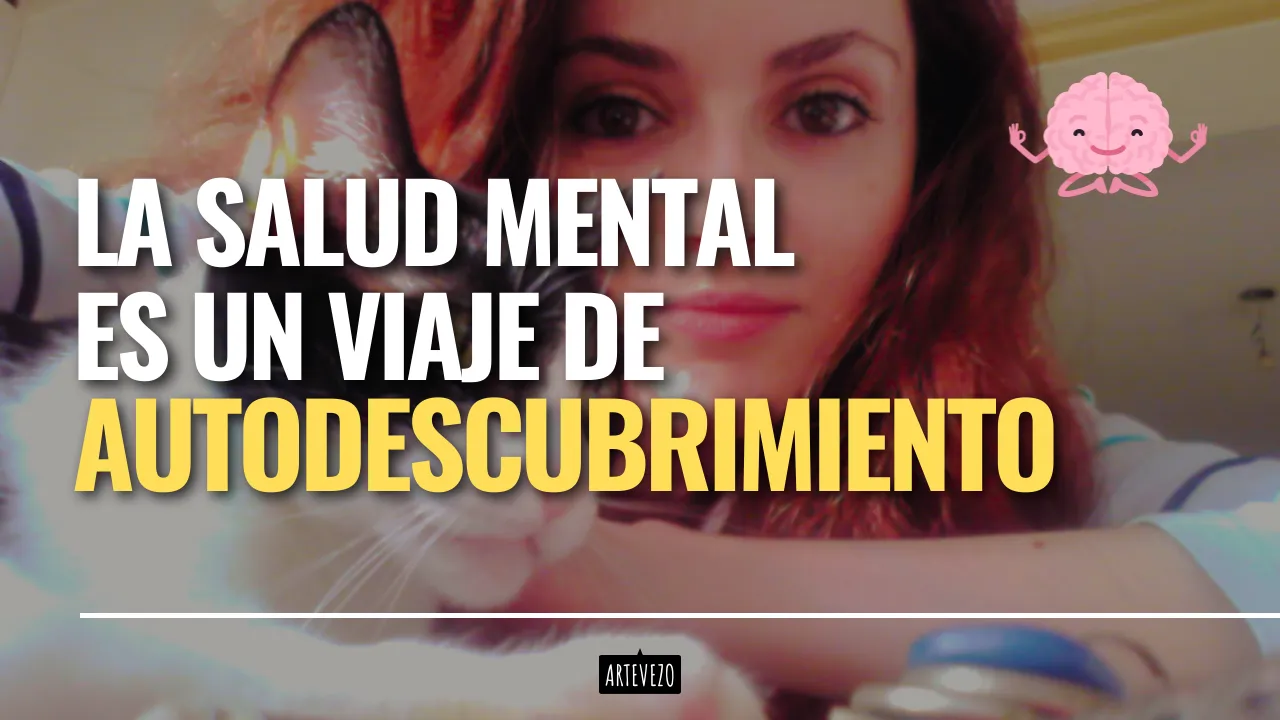
Mental health is a journey of self-discovery 🧠

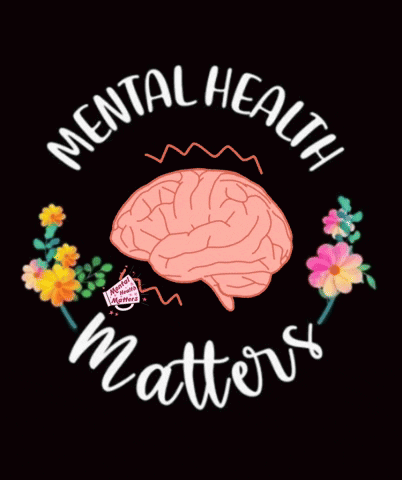
ENGLISH VERSION (click here!)
“Mental health is not a destination, it's a process. It's about how you drive, not where you go.” -Noam Shpancer.
I was fascinated by the phrase they quoted for this initiative, mental health is a whole process, it is not a race to see who gets there first or farthest. Moreover, it is something very personal, it depends on many factors: childhood, the environment in which we grew up, who took care of us, what traumas were generated (if any), life experiences as we grew up....
It is an individual process, we all have things to heal and they are not necessarily the same. There are people who have had a quiet life without many ups and downs and suddenly, a traumatizing experience triggers a mental illness. Genetics could play a role... or not. It all depends on the person, each case is subjective.
Although this is a recurring theme, it is good to always put it on the table, there is still a lot of stigma about it, people who want to continue hiding their problems under a mask of “everything is fine”. And that is precisely what is most depressing, pretending that nothing is wrong.
In my case, depression appeared in my life to show me that I was not being myself by pleasing other people and putting their decisions above mine. I was also not living passionately in what I really love and that can be a trigger for a person to become depressed, not living their purpose.
(Here I speak for myself and my experience, as we are all different and what I mentioned before, is not the only trigger nor the only cause of depression).
“La salud mental no es un destino, sino un proceso. Es sobre cómo conduces, no sobre dónde vas”. -Noam Shpancer.
Me fascinó la frase que citaron para esta iniciativa, la salud mental es todo un proceso, no se trata de una carrera para ver quién llega primero o más lejos. Además, es algo muy personal, depende de muchísimos factores: la infancia, el entorno en el que crecimos, quién nos cuidó, qué traumas se generaron (si los hay), las experiencias de vida al ir creciendo…
Es un proceso individual, todos tenemos cosas por sanar y no necesariamente son las mismas. Hay personas que han tenido una vida tranquila sin muchos altibajos y de repente, una experiencia traumatizante les detona una enfermedad mental. Allí podría influir la genética… o no. Todo va a depender de esa persona, cada caso es subjetivo.
A pesar de que éste sea un tema recurrente, es bueno ponerlo siempre sobre la mesa, todavía existe mucho estigma al respecto, personas que quieren seguir ocultando sus problemas bajo una máscara de “todo está bien”. Y eso es, precisamente, lo que deprime más, el fingir que no sucede nada.
En mi caso, la depresión apareció en mi vida para mostrarme que no estaba siendo yo misma por complacer a otras personas y poner sus decisiones por encima de las mías. Tampoco estaba viviendo con pasión en lo que realmente me gusta y eso puede ser un desencadenante para que una persona llegue a deprimirse, el no vivir su propósito.
(Aquí hablo por mí y mi experiencia, pues todos somos diferentes y lo que mencioné antes, no es el único detonante ni la única causa de una depresión).
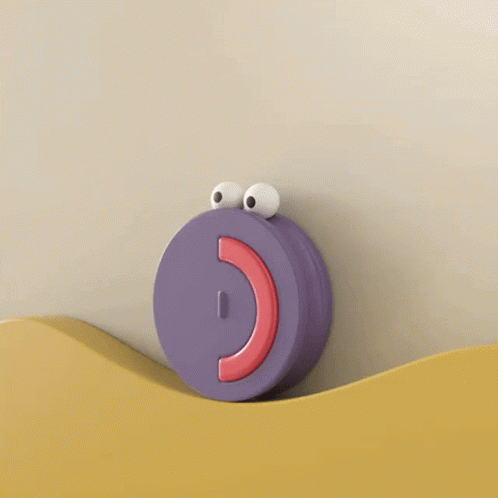
ENGLISH VERSION (click here!)
My journey has been a roller coaster, this process is never linear. That is why some people get desperate to recover as quickly as possible and no... that is not so, it is not only to get out of the hole but to analyze what is happening internally, to change the things that lead us to increase that depression or that are the origin of it.
To recognize what is wrong with us and to heal it. To recognize what others have done to us and to heal it. There are people who, by avoiding healing, hurt others with their internal conflicts. Here the meme is anecdotal: we end up going to the psychologist for those who never wanted to go.
When we get to this part of the therapy, it is impossible not to feel anger, rage or some resentment towards those people who hurt us, people who did not want to do their work of introspection to recognize what is wrong with them, preferring to throw the garbage to others.
We know that not everyone has the possibility to afford a psychologist and that is another factor that greatly influences, especially in Latin America. In our continent there is a lot to improve and one of those things is the mental health system. Beyond any affective or personality disorder one may have, we all need support and if it is from childhood, even better.
Many deaths could be avoided with this support, educating society more about this subject, the risk factors and changes in a person's behavior that could give warning signs. It is no secret that the precarious situation of a country can influence the appearance of more mental illnesses.
Mi viaje ha sido una montaña rusa, este proceso nunca es lineal. Por eso hay quienes se desesperan por recuperarse lo más rápido posible y no… eso no es así, no solo es salir del hueco sino el analizar qué está sucediendo a nivel interno, cambiar las cosas que nos llevan a aumentar esa depresión o que son el origen de ella.
Reconocer lo que está mal en nosotros y sanarlo. Reconocer lo que otros nos hicieron y sanarlo. Hay personas que, por evitar sanar, dañaron a los demás con sus conflictos internos. Aquí el “meme” es anécdota: terminamos yendo al psicólogo por los que no quisieron ir nunca.
Cuando llegamos a esta parte de la terapia, es imposible no sentir ira, rabia o algo de resentimiento hacia esa gente que nos lastimó, gente que no quiso hacer su trabajo de introspección para reconocer lo que está mal en ellos, prefiriendo botarle la basura a los demás.
Sabemos que no todos tienen la posibilidad de costear un psicólogo y ése es otro factor que influye grandemente, sobre todo, en Latinoamérica. En nuestro continente hay mucho por mejorar y una de esas cosas es el sistema de salud mental. Más allá de algún trastorno afectivo o de personalidad que se tenga, todos necesitamos un acompañamiento y si es desde la infancia, aún mejor.
Muchas muertes pudieran evitarse con ese acompañamiento, educando más a la sociedad sobre este tema, los factores de riesgo y los cambios en el comportamiento de una persona que pudieran dar señales de alerta. No es un secreto para nadie que la situación precaria de un país, puede influir en la aparición de más enfermedades mentales.
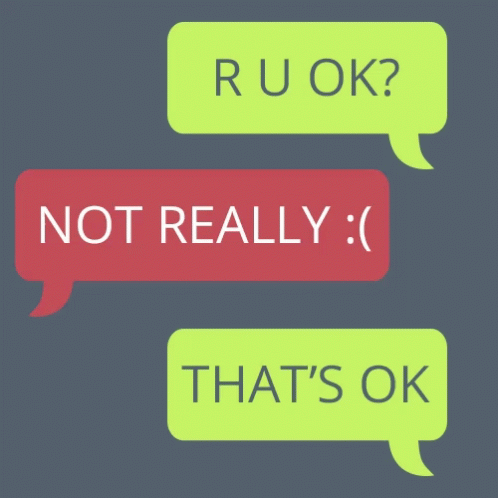
ENGLISH VERSION (click here!)
The stress itself, the political situation, an unstable economy... are a bomb for anyone, that's why they call us “warriors” those of us who still live in Venezuela. A few months ago, a young man from my urbanization took his own life. He had been depressed for a long time and the context I described before led him to make that decision.
And like him, many more. Before, the statistics showed older people taking that decision, now... there are more and more young people doing it. Over the years, the suicide rate in Venezuela has increased and it is not surprising. The unknowns of “what will happen next?”, “will there be a future?”, “will it get better?”, haunt us all.
Young people are a very vulnerable part of the population because they do not have a clear future and do not have the resources, so they prefer to end their lives.
Migration also became a trigger for depression and anxiety. Many are left without family and friends and remain isolated because they have no one to socialize with and are not motivated to meet new people, their safe environment is gone.
Socializing is an important part of being human, it has been proven that isolation increases the risk of dementia and affects social skills. In that case it is time to look for some kind of group activity, talk to a neighbor, try to go for a walk and sunbathe... this could help a little to people who are totally alone, although it does not solve everything.
El mismo estrés, la situación política, una economía inestable… son una bomba para cualquiera, por eso nos dicen “guerreros” a los que todavía hacemos vida en Venezuela. Hace unos meses, un joven de mi urbanización se quitó la vida. Tenía mucho tiempo deprimido y el contexto que describí antes lo llevó a tomar esa decisión.
Y como él, muchos más. Antes, en las estadísticas se observaba a la gente mayor tomando esa decisión, ahora… hay cada vez más jóvenes haciéndolo. Con los años, se ha incrementado la tasa de suicidios en Venezuela y no es de extrañar. Las incógnitas sobre “¿qué sucederá más adelante?”, “¿habrá un futuro?”, “¿esto mejorará?”, nos atormentan a todos.
Los jóvenes son una parte de la población muy vulnerable porque al no precisar un futuro claro y no tener los recursos, prefieren terminar con sus vidas.
La migración también se convirtió en un detonante de depresión y ansiedad. Muchos se quedaron sin familia y amigos y permanecen aislados porque no tienen con quién socializar y tampoco se motivan a conocer gente nueva, su entorno seguro se les fue.
Socializar es una parte importante para el ser humano, está comprobado que el aislamiento aumenta el riesgo de padecer demencia y afecta las habilidades sociales. En ese caso toca buscar algún tipo de actividad grupal, hablar con algún vecino, tratar de salir a caminar y tomar el sol… esto podría ayudar un poco a las personas que se encuentran totalmente solas, aunque no lo soluciona del todo.
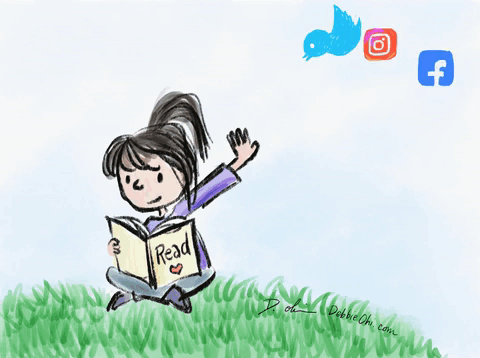
ENGLISH VERSION (click here!)
On the other hand, we must mention the crucial role played by social networks. While it is true that there is a lot of content about mental health, which has been positive, at the same time we are bombarded with rituals, holistic therapies, motivational phrases, etc., which create false expectations and a feeling that things are not being done well, or that no progress is being made.
It creates a false illusion of perfection that does not exist.
There is a lot of pressure in this “mantras” and “repeat this and that five minutes a day” and the truth is that if we do not change internally, no type of ritual or meditation will work.
Rather, trying to carry out all these alternative methods (not that they are useless) without having first made the therapeutic journey I have been talking about, will provoke just the opposite effect: that the person becomes frustrated, thinking that there is something very wrong with him or her. It can be a trap of wanting to deny everything “negative” about us.
And I emphasize this in quotation marks because there are no negative emotions, they are all necessary and repressing them can cause adverse effects on our general health, this is when we somatize: somewhere these unworked emotions will come out.
The more we talk about mental health, the less taboo there will be to express our emotions freely because we are a whole: mind, body and spirit. We cannot separate ourselves, if one of these elements fails, the others will fail as well. “Healthy mind, healthy body.”
Por otro lado, hay que mencionar el papel crucial que han jugado las redes sociales. Si bien es cierto que se difunde muchísimo contenido sobre salud mental, lo cual ha sido positivo, al mismo tiempo nos bombardean de rituales, terapias holísticas, frases motivacionales, etc., que nos crean falsas expectativas y una sensación de que no se están haciendo las cosas bien, o de que no se está avanzando.
Se crea una falsa ilusión de perfección que no existe.
Hay mucha presión en esto de “los mantras” y “repite esto y aquello cinco minutos al día” y la verdad es que si no cambiamos internamente, ningún tipo de ritual o meditación funcionará.
Más bien, el intentar llevar a cabo todos estos métodos alternativos (que no es que no sirvan) sin haber hecho primero el viaje terapéutico del que les he estado hablando, provocará justo el efecto contrario: que la persona se frustre, pensando que hay algo muy malo en él o ella. Puede ser una trampa al querer negar todo lo “negativo” de nosotros.
Y lo resalto entre comillas porque no existen emociones negativas, todas son necesarias y reprimirlas puede provocar efectos adversos en nuestra salud general, es aquí cuando somatizamos: por algún lado saldrán esas emociones no trabajadas.
Mientras más se hable sobre la salud mental, menos tabú existirá al expresar nuestras emociones libremente porque somos un todo: mente, cuerpo y espíritu. No podemos separarnos, si uno de estos elementos falla, los demás lo harán también. “Mente sana, cuerpo sano”.

ENGLISH VERSION (click here!)
The internal journey does not end, we can always improve something and over the years we can learn more about ourselves, things we had never noticed before. That is why I think that we should not give up psychological therapy, maybe not go so often, but never do without it, we can continue to evolve and discover more and more. We are not the same people we were a year ago.
And remember... having animals can help you a lot. I highly recommend cats 😁😺.
So much for the post about the initiative, I send a big hello to the entire Holos Lotus community. I cordially invite @issymarie2 and @naath.
El viaje interno no se termina, siempre podemos mejorar algo y con los años conocer más de nosotros mismos, cosas que nunca habíamos notado. Por eso pienso que no debemos dejar la terapia psicológica, quizá no ir tan seguido, pero nunca prescindir de ella, podemos seguir evolucionando y descubriendo cada vez más. No somos las mismas personas de hace un año.
Y recuerda… tener animales puede ayudarte mucho. Recomiendo mucho a los gatos 😁😺.
Y estas sinvergüenzas, ¿qué hacen aquí? 😱
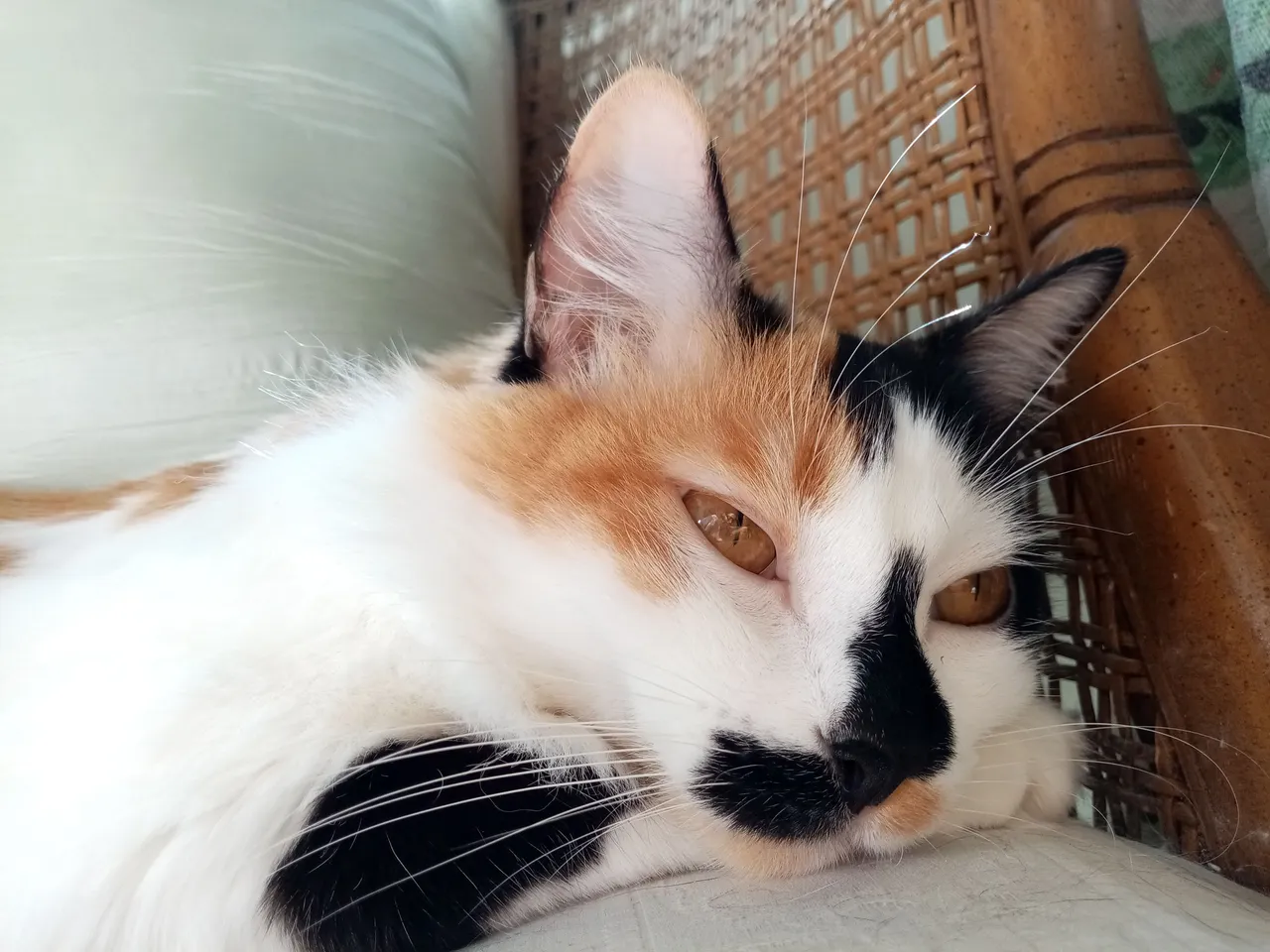
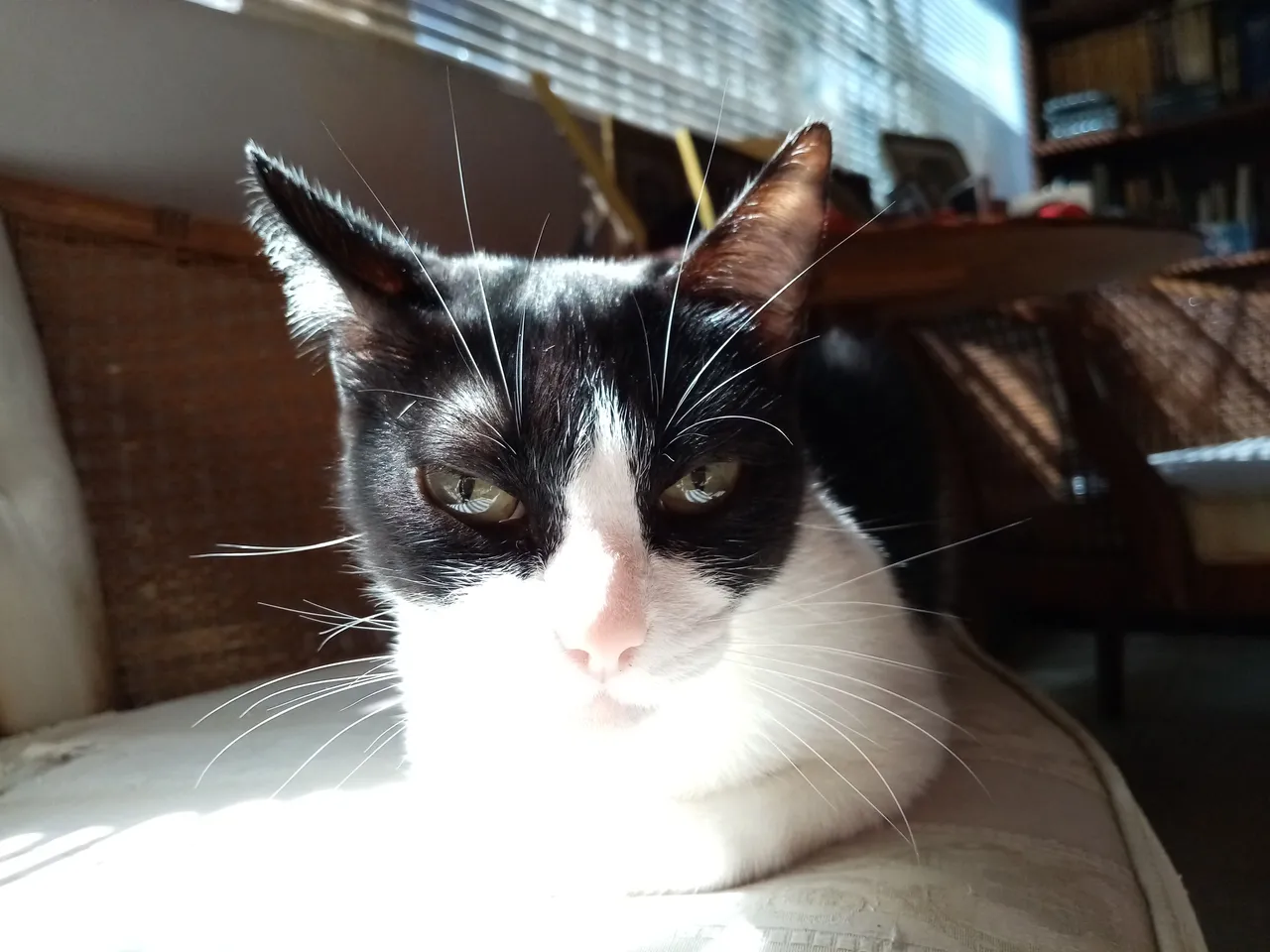
Hasta aquí el post sobre la iniciativa, le mando un gran saludo a toda la comunidad de Holos&Lotus 🤗. Invito cordialmente a @issymarie2 y @naath.

My instagram account:
@artevezo
Thanks for reading! ⭐


Vote la-colmena for witness
By @ylich
Creative Commons Attribution-NonCommercial-NoDerivatives 4.0

Cover made in Canva | @ikasumanera Divider | Photos of my property | Translation: DeepL
